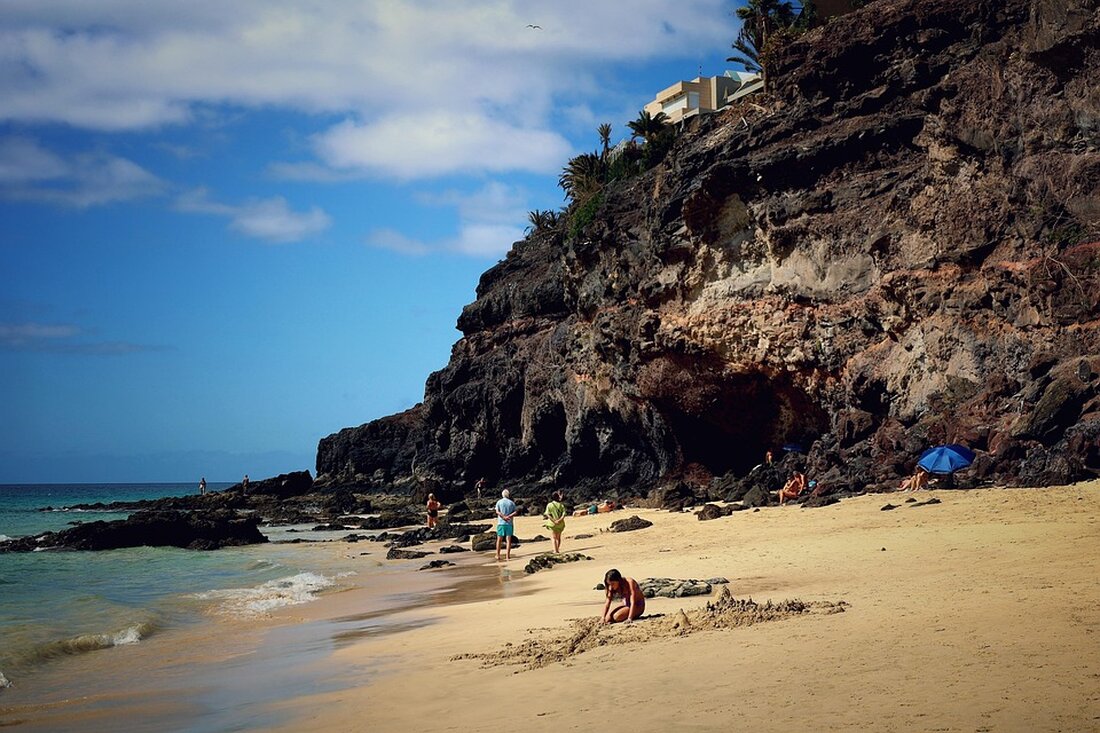Canary Islands in danger: overtourism threatens quality of life!
The article highlights the challenges of overtourism, its impact on the environment and quality of life, and possible solutions.

Canary Islands in danger: overtourism threatens quality of life!
In 2022, global travel recorded around 1.5 billion arrivals, which is the second highest record after 2019. However, the tourism sector is increasingly coming under criticism, with the term “overtourism” in particular being on everyone’s lips. This describes the excessive crowding of travelers in a location, which can affect the quality of life for both locals and vacationers. According to the UNWTO, overtourism leads to a deterioration in the quality of life due to the sharp increase in visitor numbers felt in many popular holiday destinations.
The Canary Islands are a prime example of this problem. Around 2.2 million locals live here, while an impressive 15.2 million tourists visited the islands in 2022. Although this enormous influx of visitors contributes over a third to the Canary Islands' economy, the benefits primarily go to large investors. In addition, the increase in short-term rentals is leading to an acute shortage of housing and rising rents, which further worsens living conditions for locals.
Environmental impact and resource consumption
The environmental consequences of massive tourism cannot be overlooked either: noise, garbage, traffic congestion and the overuse of water resources are everyday side effects. While in many cases holidaymakers consume significantly more water than the local population, this increased resource consumption has led to serious problems in some regions. An example of this is Mallorca, where discharged wastewater endangers the sensitive seagrass meadows.
The tourism sector is also a significant source of greenhouse gas emissions, accounting for 8-10% of global emissions. Air traffic is the main cause of this, and between 1995 and 2019 emissions from tourism increased by an alarming 65%. In Germany, short trips increased by 24% to a total of 94 million in 2022, which also leads to high CO2 emissions.
The impact of cheap flights and cruises
Cheap flight offers and the associated increase in travel have promoted the emergence of tourism hotspots. Cruise ships in particular place significant strain on local infrastructure, but leave only limited local economic benefits. The phenomenon of “set jetting”, in which filming locations of popular series and films attract large numbers of tourists, has also led to an increase in the number of visitors to these locations, such as in Maui, Sicily and Dubrovnik.
In order to counteract the challenges of overtourism, many cities, such as Venice or Lisbon, are trying to reduce the number of visitors through access restrictions. A positive approach comes from Copenhagen, where eco-friendly travel is rewarded by giving travelers free offers. Despite these efforts, there is currently no uniform solution to combat overtourism, and approaches to visitor management and distribution remain diverse and individual.
For further information about the impacts and challenges of tourism, please see this report from German wave or the brochure of Federal Environment Agency.

 Suche
Suche
 Mein Konto
Mein Konto